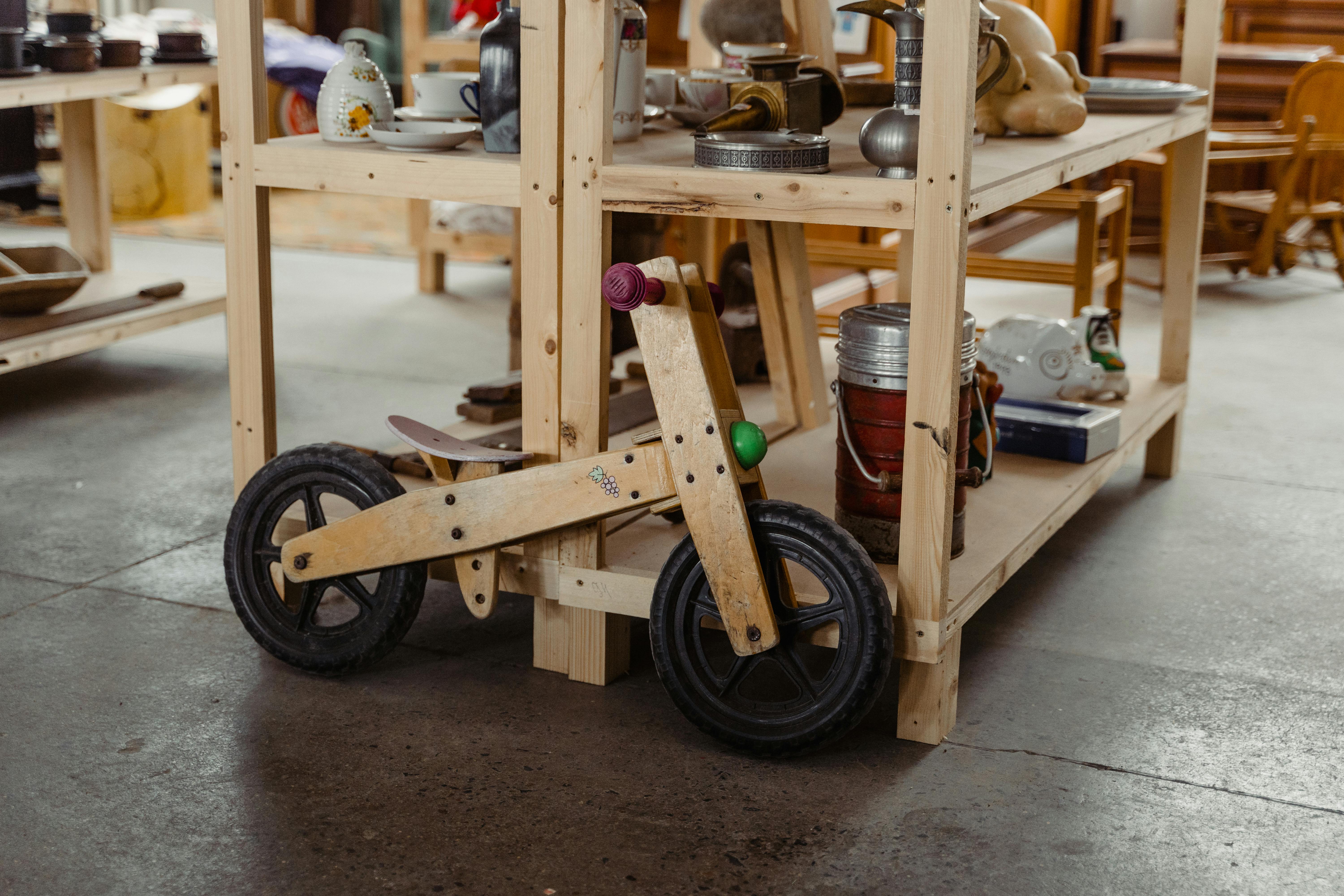1. "Vintage Furniture [City]"
Old-school stuff is *hot*. Think thrift store chic, grandma’s old armchair with a story, or a retro lamp that screams 1970s. But "vintage furniture" alone is a crowded market. Add a city, and you tap into buyers who *want* to see what’s available in their area—whether it’s because they personally don’t want shipping costs, or they’re hunting for a one-of-a-kind piece tied to their hometown’s vibe.
Take Chicago. The Windy City’s architecture scene isn’t just about skyscrapers—it’s packed with buyers hunting for Mid-Century Modern pieces in neighborhoods like Logan Square or Wicker Park. A reseller who lists "Vintage Furniture Chicago" targets folks searching for *local* treasures, not just generic listings from Amazon. Pro tip: If you’re in a smaller town, don’t skip this. Think "Vintage Furniture Austin" or "Vintage Furniture Portland"—cities with established craft cultures have communities who Google this stuff daily.
Personal anecdote? I once helped a buddy revamp his Etsy shop by swapping "Retro Decor" to "Vintage Furniture Seattle." Traffic from Seattle itself jumped 80% in two months. Turns out, Seattleites *love* thrifted Pacific Northwest charm. (megaseo.ai)
2. "Handmade Jewelry [Urban Neighborhood]"
Handmade = personal. People who buy handmade usually *want* a story with their purchase. Pillowfort and fast fashion might dominate, but in neighborhoods full of creatives (Brooklyn’s Dumbo, San Francisco’s Mission District), buyers glance over mass-produced junk on principle. These folks scroll Instagram for local artisans, and they’re twice as likely to click a link if their own zip code’s in the headline.
Case study: A jewelry maker in Brooklyn found that swapping "Artisan Necklaces" to "Handmade Jewelry Brooklyn" led to a 40% boost in local sales. Why? Searches like "Brooklyn jewelry shops" or "Made in Brooklyn" spike every Saturday morning—weekend mood? Definitely. (megaseo.ai)
Adaptable tip: Try this in up-and-coming artsy areas. My cousin runs a stand in Melbourne’s Fitzroy—joining groups like "Handmade Jewelry Fitzroy" got her featured in a local indie market event. Boom. Instant audience.
3. "Mid-Century Modern Furniture [City]"
This one’s a niche bomb. Mid-Century design fans are obsessive. They’ll spot a Charles Eames knockoff from across a room. Combine that obsession with a city, and you’ve got giggle-worthy demand. Los Angeles? Palm Springs vibes out the wazoo. Helsinki? That city’s practically a Scandinavian design utopia.
I talked to a seller in Miami who listed a re-slicked Eero Saarinen table as "Mid-Century Modern Furniture Miami" and local buyers showed up swinging (steamroller-style). Turns out, Miamians dig retro tropical modernism, and flight schools had teachers reaching out for classrooms, not just homes. (megaseo.ai)
Word of advice? Target smaller design-focused cities. Think "Mid-Century Modern Furniture Austin" instead of LA only—smaller pond, bigger fish. Push ads using neighborhood terms locals know, like East Austin or South Congress.
4. "Handmade Ceramic Mugs [City]"
Mugs. A $20 billion industry. *But* if you’re selling mass-produced ceramics, you’re just adding to the noise. People who drop 30 bucks on a mug want curve appeal, local glaze art, or a coffee sleeve for their farmer’s market latte. Seattle nailed this trifecta after a chain closed, local artists swooped in and hand-thrown mugs with Pacific Northwest patterns topped Etsy’s "local trends" list.
One seller in Portland’s Southeast Asians Artisan Collective listed "Handmade Ceramics Mugs Portland" and got a feature on the *Portland Monthly* porque? It *screams* community. This keyword yanks in buyers looking for Instagrammable stuff brewed local-style. (megaseo.ai)
Try adapting this to other mugs. Sub "San Francisco" for local collabs with Bay Area coffee roasters or use "Austin" just before SXSW (where every vendor wants fun promotional gear).
5. "Vintage Clothing [City]"
If Gen Z’s using TikTok to hunt thrifted fits, fashion resellers who nail local keywords win *major*. Why? Because nobody wants to look like 40 other people at the party. Slap a city name on "vintage clothing" and you attract buyers fixated on local history, scene fits, or rare finds.
Example time: A New York seller posted "Vintage Clothing New York" on Depop and added context like, "Found in a Soho thrift sale" in the description. Local thrifters instantly DM’d saying, "That’s so NYC!"—which translates to cash. (megaseo.ai)
But don’t lock yourself into megacities. Austin’s "vintage hippie" look or Melbourne’s grungy punk style pull crowds obsessed with their *own* city’s legacy. Just remember—attach stories. Like "Late-60s velvet jacket from Melbourne’s Queen Victoria Market" and watch buyers local-nerd-out.
Pro Tips for Nailing These Keywords
- Get granular with time zones: Fan of "Handmade Jewelry [Neighborhood]?" Try pushing posts on weekends at 8-9AM local time. Busy creatives scroll coffee in hand, hunting gifts.
- Pair with city tags: Seattle-based reseller? Add #PikePlace in Instagram hashtags.
- Use local lingo: San Franciscans over "SF" and Austinites might sneer at "ATX." Google autocomplete to check slang.
- Track events: San Jose’s BottleRock Festival? List "Vintage Clothing San Jose" two weeks before.
*Final Thoughts*
Location-driven keywords in 2025 aren’t a gimmick—they’re survival. People are customizing searches with their neighborhood, not just city names. Resellers who tap into that tap into monetary returns. If you’re new, start with one keyword. Try selling "Mid-Century Modern Furniture [Your City]" and match the tone of local shops. Watch how fast the phone starts blowing up. You’ll never look at SEO the same again.



